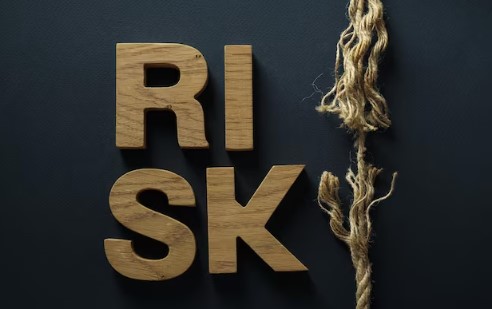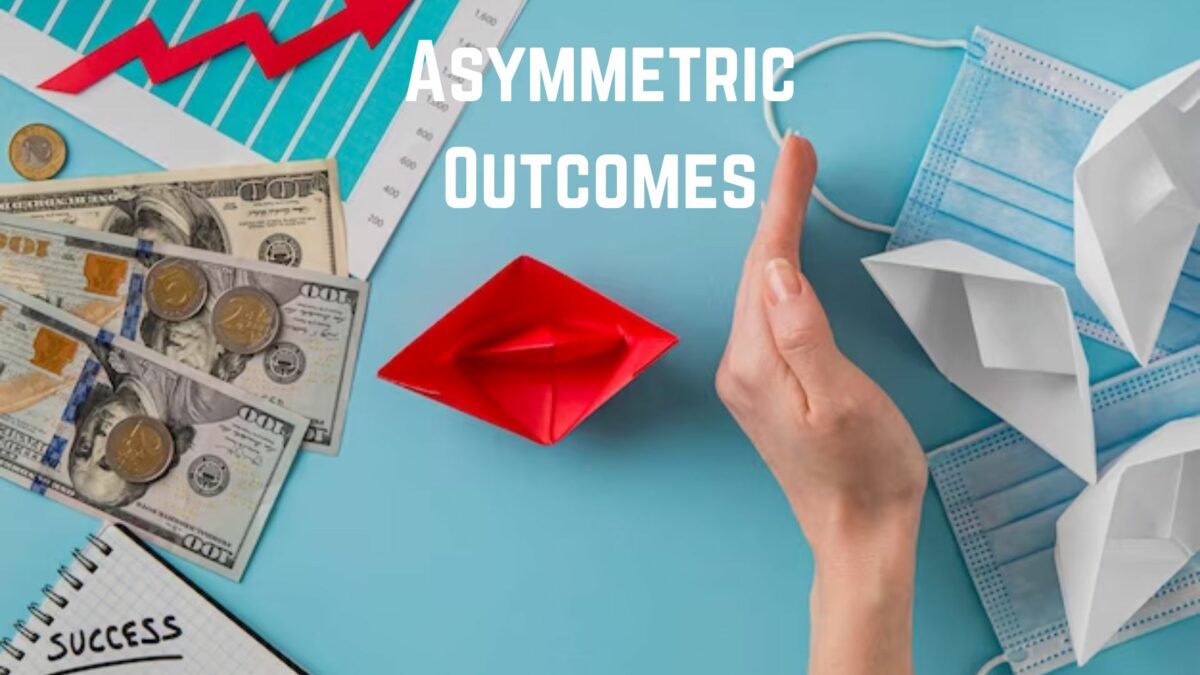This article is part of a series on personal finance during the coronavirus pandemic. Please check out the Coronavirus and Your Finances Series (link will open in a new window).
Living at risk is jumping off the cliff and building your wings on the way down.
– Ray Bradbury

Recently, I saw a local Dallas Fort Worth television station publish advice that people should invest their COVID-19 government stimulus checks in the market.
The point that the advisor was making is that there’s a pretty good chance that the market will go up in the intermediate to long-term future from here, so $1,200 or $2,400 invested now has a pretty good chance of going up over time.
I agree with that advisor’s prognostications.
I disagree with that advisor’s conclusions.
As I alluded to previously in “What to do With Your COVID-19 Economic Stimulus Check,” the short-term gains of $1,200 or $2,400 invested (assuming the market actually goes up from here in a reasonable timeframe) are not material to your life.
What do I mean by that?
Let’s take a look at the best year in the history of the S&P 500, 1933.
That year, the S&P 500’s return was 46.59%.
If you invested a $1,200 government stimulus check at the beginning of the year, then, at the end of the year, you’d have $1,759.08.
You’d have made $559.08 over the year.
If you are in a position where $559.08 (for an individual) or $1,118.16 (for a couple) makes that much of an economic impact in your life, you are too economically vulnerable to be investing in the market right now!
Full stop. End of dictation.
If you are in a position where $559.08 makes a significant impact in your life, then $1,200 certainly will, and putting it in the market, where it could, theoretically, lose another 32.3% (which is where it is at as I write this close to close of the market on March 23, 2020), could expose you to losing, say, $387.75 (what $1,200 invested in the S&P 500 at the opening bell on January 2, 2020 has lost as of 3:30 PM EDT on March 23, 2020), will certainly impact your life.
Why?
It’s called asymmetric risk.
How Asymmetric Risk Affects What You Should Do With Your COVID-19 Government Stimulus Check

Asymmetric risk means that, on a range of outcomes, one end of the outcomes has a vastly negative impact compared to the upside presented on the other end of the outcomes.
In the case of the novel coronavirus and the economic impacts that the U.S.’s response to it will have, the risk is quite large compared to the potential upside.
Let’s assume that $1,200 or $2,400 is really going to help you out financially right now because you do not have a robust emergency fund.
You may be OK right now. You may have to shelter in place, but, otherwise, things are going OK.
On March 26, 2020, a record 3.3 million people filed for unemployment, and that probably understates the number of people who were impacted because gig workers are not included in those numbers, and unemployment websites crashed, causing hours-long waits on unemployment claims phone lines. There is a real possibility that the U.S. will go from 3.5% unemployment in February, 2020 to 30% unemployment.
That’s almost 1 in 3 people who could work and want to work being without a job. That’s like when I went to the opening initiation at West Point and the speaker said “Look left. Now look right. One of the three of you will not graduate.” If you and your sibling both are married and all four of you have jobs, then one of you would lose one.
Could you afford a job loss?
Yes, foreclosures and evictions are being halted in light of the economic stress of the coronavirus, but that doesn’t mean that the bill won’t come due at some point.
If you don’t have an emergency fund and you lose your job, you need money to pay for food. Food bank donations are dwindling rapidly in the coronavirus, so you want to make sure you can put food on your table and a roof over your head.
$1,200 or $2,400 could help keep the Reaper from your door.
But if you lose $387.75 or $775.50 of that amount because you invested in the market trying to capture some cheap wins, the Reaper’s knocks will be that much louder.
BUT I’M GONNA MISS OUT ON A HUGE GAIN! you may think to yourself.
Let’s say that you’re 30 years away from retirement.
You hit the magic 8-ball on your investment of that $2,400 government stimulus check, and you gain $1,118.16 over the next year, matching the highest ever S&P 500 return. Invested at the average return of 9.2% over the remaining 29 years, you’ll be at $16,753.59 out of your gamble 30 years from now.
Let me put that in perspective.
The median average family’s annual spending is $61,224. Assuming a 4% safe withdrawal rate for a 30 year retirement, you’d need 25 times that amount to retire. That’s $1,530,600. Even if you assume Social Security covers 50% of your expenses in retirement, you’d need $765,300 to retire.
The hypothetical $16,735.59 is 2.19% of what you’d need to retire.
Do you really want to increase your chances of getting evicted (by the way, our property manager for our rental properties will not rent to someone who has ever had an eviction) or foreclosed, or, worse yet, not being able to put food on your table so that you can roll the dice to try to get 2.19% of what you’d need to retire?
Wouldn’t it be easier to cut $2,400 from your annual budget, or, 3.92% of the median household budget, than to expose yourself to those asymmetric risks in a time of extreme uncertainty?
Yes, if you’re extremely well capitalized, then go ahead. Back the truck up and invest. But, if you’re one of the 28% of Americans with no emergency fund or 54% of Americans with insufficient savings, take a breath and push pause on the urge to invest in the market right now.
We have more immediate concerns until the coronavirus pandemic has passed and the world is back to (somewhat) normal.
Author Profile
- John Davis is a nationally recognized expert on credit reporting, credit scoring, and identity theft. He has written four books about his expertise in the field and has been featured extensively in numerous media outlets such as The Wall Street Journal, The Washington Post, CNN, CBS News, CNBC, Fox Business, and many more. With over 20 years of experience helping consumers understand their credit and identity protection rights, John is passionate about empowering people to take control of their finances. He works with financial institutions to develop consumer-friendly policies that promote financial literacy and responsible borrowing habits.
Latest entries
 Low Income GrantsSeptember 25, 2023How to Get a Free Government Phone: A Step-by-Step Guide
Low Income GrantsSeptember 25, 2023How to Get a Free Government Phone: A Step-by-Step Guide Low Income GrantsSeptember 25, 2023Dental Charities That Help With Dental Costs
Low Income GrantsSeptember 25, 2023Dental Charities That Help With Dental Costs Low Income GrantsSeptember 25, 2023Low-Cost Hearing Aids for Seniors: A Comprehensive Guide
Low Income GrantsSeptember 25, 2023Low-Cost Hearing Aids for Seniors: A Comprehensive Guide Low Income GrantsSeptember 25, 2023Second Chance Apartments that Accept Evictions: A Comprehensive Guide
Low Income GrantsSeptember 25, 2023Second Chance Apartments that Accept Evictions: A Comprehensive Guide

